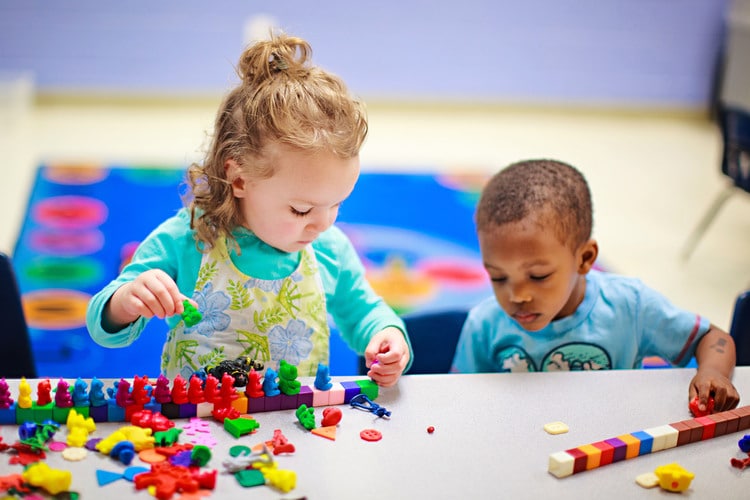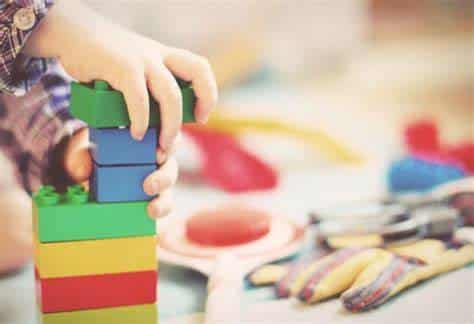Play is a fundamental aspect of childhood beyond mere entertainment; it is a powerful tool for learning, growth, and development. While free play allows children to explore their interests and imagination spontaneously, structured playtime offers additional benefits by providing intentional guidance and direction.
In this blog post, we’ll explore the power of structured play and how it benefits child development in various aspects.
Understanding Structured Play
Structured play refers to play activities that are organized, guided, and facilitated by adults or caregivers. Unlike free play, which is spontaneous and unstructured, structured play involves planning, instruction, and participation from adults to guide children’s play experiences toward specific learning goals or outcomes.

Benefits of Structured Play for Child Development
- Enhanced Learning Opportunities
- Structured play provides focused learning opportunities that target specific skills or developmental areas, such as cognitive, social, emotional, and physical development. Through carefully planned activities and games, children engage in purposeful learning experiences that promote skill acquisition and mastery.
- Promotion of Social Skills
- Structured play encourages cooperation, collaboration, and communication among children. By participating in structured games, group activities, and guided interactions, children learn essential social skills such as sharing, taking turns, and working together towards common goals.
- Development of Cognitive Skills
- Structured play stimulates cognitive development by promoting problem-solving, critical thinking, and decision-making skills. Activities such as puzzles, games, and educational toys challenge children’s minds and encourage them to explore, experiment, and discover new solutions.
- Encouragement of Creativity and Imagination
- Structured play fosters creativity and imagination by providing children with opportunities for self-expression and artistic exploration. Creative play activities, such as arts and crafts, storytelling, and role-playing, allow children to unleash their creativity and imagination in structured and guided ways.
- Building of Self-Confidence and Self-Esteem
- Structured play offers children a sense of accomplishment and mastery as they complete tasks, solve problems, and achieve goals. Positive reinforcement and encouragement from adults during structured play experiences help boost children’s self-confidence and self-esteem.
- Preparation for School and Life Skills
- Structured play helps children develop essential school readiness skills, such as following instructions, listening attentively, and working independently or collaboratively. These skills are crucial for academic success and for navigating social and educational environments.

Implementing Structured Play
- Plan Activities with Clear Objectives
- Before engaging in structured play, identify specific learning objectives or goals for the activity and plan accordingly.
- Provide Guidance and Support
- Offer guidance, instructions, and demonstrations to help children understand the rules and objectives of the structured play activity.
- Encourage Active Participation
- Encourage children to actively participate and engage in the structured play activity, offering praise and encouragement for their efforts and achievements.
- Offer Feedback and Reflection
- Provide feedback and opportunities for reflection after the structured play activity, discussing what was learned, what went well, and how to improve in the future.
Conclusion
Structured play is a valuable tool for promoting child development and learning across various domains. By offering intentional guidance, direction, and support, structured play activities provide children with meaningful opportunities to learn, grow, and thrive.
As caregivers, educators, and parents, embracing structured play as part of children’s daily routines can foster essential skills, nurture creativity, and lay the foundation for lifelong learning and success. By harnessing the power of structured play, we can support children in reaching their full potential and building a strong foundation for their future.
